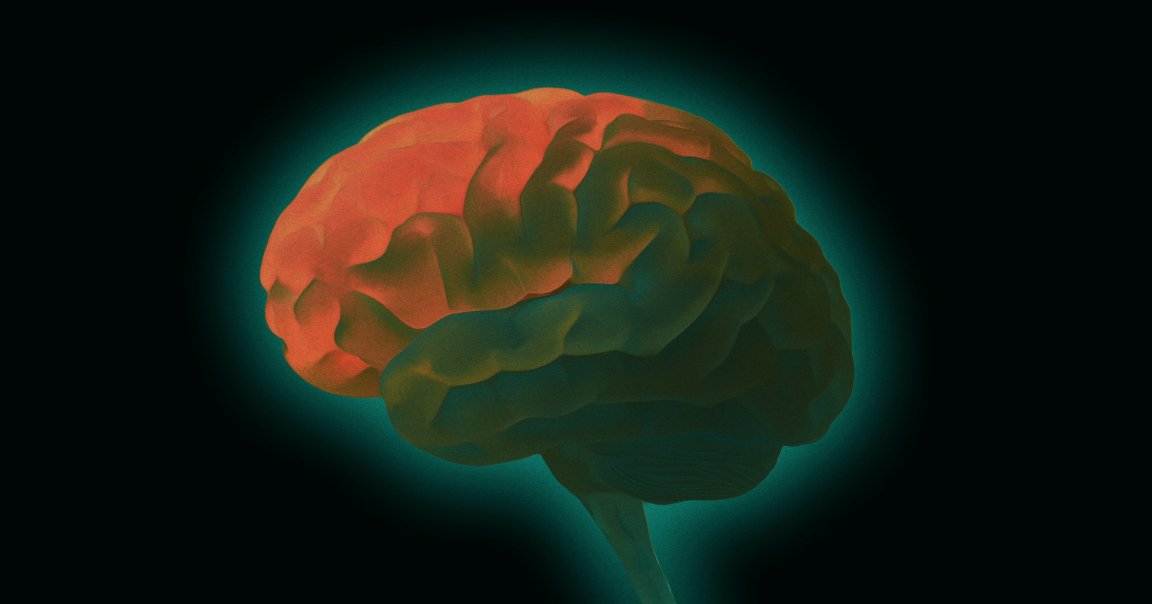
Scientists have some exciting news: your brain is likely glowing, whether you can see it or not.
The news comes from researchers at Algoma University in Ontario, who found evidence that the human brain, of all things, possesses luminescent properties.
Essentially, they found that as the brain metabolizes energy, it releases super-faint traces of visible light. Called ultra-weak photon emissions (UPEs), the flashes of light are emitted when electrons break down and lose momentum, letting go of their photons.
As Popular Mechanics notes, UPEs don’t technically count as bioluminescence, a chemical process found in organisms like fireflies and anglerfish. Nor does it count as phosphorescence, which refers to energy released in the form of a faint light, as in glow-in-the-dark toys.
And before you ask, it also isn’t thermal radiation, the electromagnetic energy released by thermal motion.
The findings on UPEs came as researchers dug into the left occipital lobe, the visual processing center of the brain, along with the right temporal lobe, the center of nonverbal communication.
Their task was to test whether UPE flashes from those parts of the brain could be distinguished from other brain signals.
While earlier studies have explored the broader human body’s ability to glow, this one zeroed in on the brain specifically, yielding the exciting results.
Beyond the fun fact that we literally do have bright ideas, the test results have some implications for medical technology. For example, UPEs could help doctors analyze neurological conditions in the future.
“Because UPEs are related to oxidative metabolism, the most immediately relevant applications might include the detection of budding brain tumors, excitotoxic lesions, mild traumatic injuries, and neurotoxic insults,” said Hayley Casey, the lead researcher.
This could all be possible, the researchers say, without invasive testing methods like PET and MRI scans, which have the potential to interfere with brain activity.
All that said, the next time you have a brilliant idea, just know your brain’s literally lighting up the room.
More on Science: Physicists Say We Were Completely Wrong About How Gravity Works